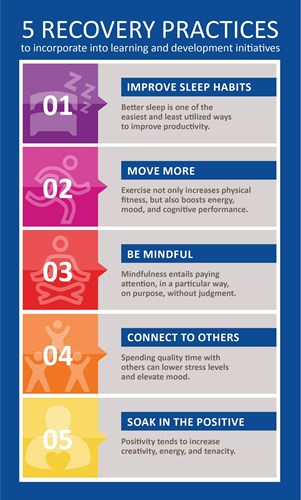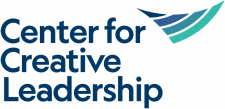- Managing people
Overwork Can Kill Productivity
5 recovery practices for individuals and strategies for HR to avoid employee overwork
The executive workforce in the developed world is far more technologically enabled and arguably more highly skilled now than ever before, and yet there is a general sense that in our digitally connected world we are never off-the-job. There is evidence that this ‘overwork’ can negatively affect the performance and productivity of many people in important decision-making roles and can be damaging to organizations’ profitability.
As early as the 1930’s John Maynard Keynes predicted “technological unemployment…due to our discovery of means of economising the use of labour outrunning the pace at which we can find new uses for labour.” With the coming of artificial intelligence he may still be right but to-date technology seems only to have expanded office work and has too often created an exhausted overworked workforce.
In a recent insightful White Paper Marian N. Ruderman, Cathleen Clerkin, and Jennifer J. Deal look at how organizations by expecting people to work too much may find themselves on the wrong side of the expense curve — because while doing more with less isn’t always bad for the bottom line, overextending employees often is. They highlight 2 intertwined assumptions that can cause unexpected damage to the bottom line:
- The assumption that more hours worked equals more productivity
- The assumption that technology aids productivity
The authors quote a survey that found that the working week of managers, executives, and professionals generally included weekends and an average of 72 hours of work. While the per-hour cost is lower because they are working 72 hours a week rather than 40, the extra hours of work actually reduced their productivity and the productivity of others.
The down-side of technology is that constantly monitoring news, e-mails and social media leads to a state of continuous partial attention, causing people to short-change the attention given to the task at hand and compromising the ability to reflect, respond, and plan. Continuous partial attention results in feeling overwhelmed.
Employees at all levels need time to rest and recover. Recovery is a profitability issue and talent without health and wellness is a severely under-leveraged asset. In this paper the CCL team provide a series of recovery practices, to help employees achieve the consistent clarity of mind and the energy to execute their organization’s strategies.

A top-ranked, global provider of leadership development. By leveraging the power of leadership to drive results that matter most to clients, CCL transforms individual leaders, teams, organizations and society.
ARTICLES YOU MIGHT LIKE
BOOK REVIEW
UCL’s Colin Fisher explains how to understand the invisible forces of group dynamics to build and lead high-performing teams
DEVELOPING LEADERS QUARTERLY MAGAZINE AND WEEKLY BRIEFING EMAILS


































